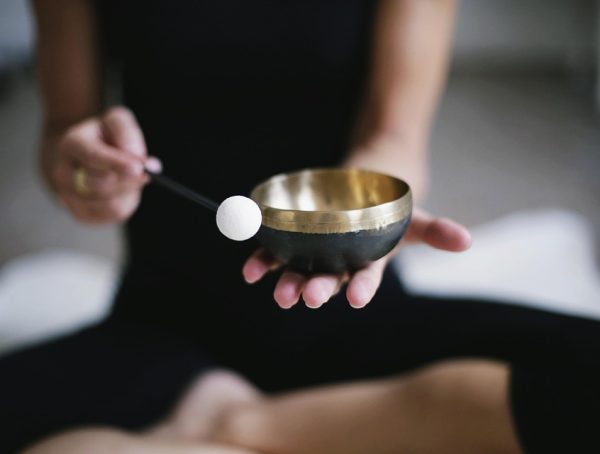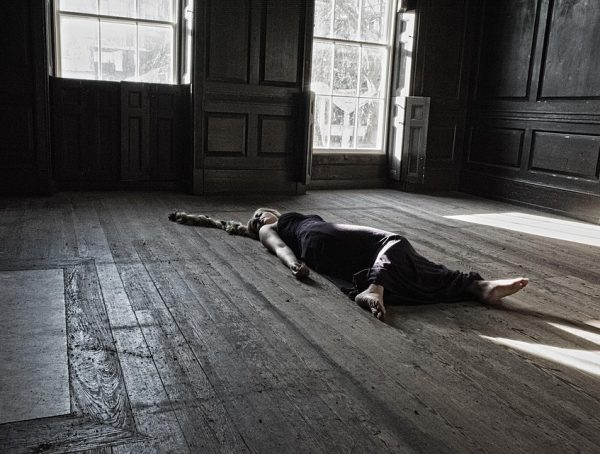Meditation and Stroke Recovery: Healing the Brain After Trauma
Stroke is one of the leading causes of serious long-term disability in adults, affecting millions worldwide. It occurs when blood flow to an area of the brain is interrupted, leading to cell death and often resulting in lasting physical and cognitive impairments. However, while traditional rehabilitation methods focus on physical therapy and medical treatment, there is a growing body of research that suggests mindfulness practices, especially meditation, can play a pivotal role in stroke recovery.
Understanding the Impact of Stroke
When a stroke occurs, the brain is deprived of oxygen, which can lead to significant changes in its structure and function. This kind of trauma can cause issues such as paralysis, speech difficulties, and cognitive impairments. The recovery process can be long and arduous; however, integrating holistic practices such as meditation may provide additional support in healing the brain.
The Science of Meditation in Recovery
Meditation often includes techniques that promote mindfulness, breathing exercises, and focus, which can help reduce stress and enhance cognitive function. Studies have demonstrated that meditation activates the parasympathetic nervous system, which can aid in reducing stress and anxiety levels. For stroke survivors, this is crucial. Stress can lead to heightened blood pressure and increased tension, both of which may slow the recovery process.
Furthermore, research shows that meditation can promote neuroplasticity—the brain’s ability to reorganize itself by forming new neural connections. This is particularly significant for stroke survivors, as these new pathways may help in regaining lost functions or adapting to changes caused by the stroke.
Benefits of Meditation for Stroke Survivors
-
Enhanced Focus and Attention: Meditation improves cognitive function, giving individuals the ability to concentrate better, which is vital for cognitive rehabilitation.
-
Reduced Anxiety and Stress: Stress and anxiety often go hand-in-hand with recovery. Meditation induces a state of relaxation that can lower anxiety levels, creating a more conducive environment for healing.
-
Improved Emotional Health: Stroke survivors may face emotional challenges, leading to depression or frustration. Regular meditation can help improve emotional regulation and increase feelings of well-being.
-
Pain Management: Meditation has been reported to help manage pain. This is particularly beneficial for stroke survivors coping with physical discomfort as they go through therapy.
- Improved Sleep Quality: Quality sleep is essential for recovery. Meditation can aid in calming the mind, making it easier to fall asleep and stay asleep.
Action Steps for Stroke Survivors to Incorporate Meditation
If you or a loved one is recovering from a stroke, here are actionable steps to incorporate meditation into your daily routine for improved recovery:
-
Start Slowly: If you’re new to meditation, begin with just 5 to 10 minutes a day. Sit in a comfortable position, close your eyes, and focus on your breath. This can help you ease into a longer practice over time.
-
Guided Meditations: Utilizing guided meditations can be beneficial, especially in the beginning. There are numerous apps and online platforms that offer free or low-cost guided meditations, tailored for different needs, including stroke recovery.
-
Mindfulness Exercises: In addition to traditional meditation, practice mindfulness in daily activities. Focus on the sensations of eating a meal, the feeling of water while washing your hands, or the sound of nature during a walk.
-
Join a Meditation Class: Participating in a local class or online group can provide motivation and structure. Engage with others on a similar journey, as shared experiences can foster a supportive environment.
-
Combine with Other Therapeutic Activities: Use meditation as a supplemental practice alongside physical therapy exercises. For example, meditate before or after your physical therapy sessions to help center your mind.
-
Journaling: Keep a journal of your meditation experiences. Write down any challenges or breakthroughs you encounter. This can help you track your progress and stay engaged in the process.
-
Set Realistic Goals: Understand that recovery is a journey and that progress may be slow. Set small, achievable goals in both meditation practices and recovery milestones to celebrate along the way.
- Seek Professional Guidance: Don’t hesitate to speak with a healthcare provider or a professional meditation instructor, especially if you’re unsure about where to begin or how to adapt meditation to your needs.
Conclusion
Meditation is not a substitute for medical treatment but rather a complementary practice that can significantly enhance the recovery process after a stroke. The brain’s incredible ability to adapt and heal can be supported and nurtured through mindfulness practices. Recovery is not just about physical regeneration; it encompasses emotional, psychological, and spiritual healing.
As you embark on this journey of meditation and recovery, remember that progress comes in many forms. Be patient with yourself, and honor every small victory along the way.
Final Quote:
"Your present circumstances don’t determine where you can go; they merely determine where you start." – Nido Qubein
For more inspiring content on health and wellness, be sure to follow Kevin on Instagram (@KSteineman).
You might also like
More from Meditation
The Role of Mantras in Transcendental Meditation: A Deep Dive
The Role of Mantras in Transcendental Meditation: A Deep Dive Transcendental Meditation (TM) has garnered a significant following across the globe, …
The Science Behind Meditation: Improving Mental Health Naturally
The Science Behind Meditation: Improving Mental Health Naturally In today's fast-paced world, the pursuit of mental wellness has become paramount. Thousands …
Understanding the 7 Types of Meditation for Beginners
Understanding the 7 Types of Meditation for Beginners: A Path to Inner Peace Meditation has become a popular practice in recent …


































